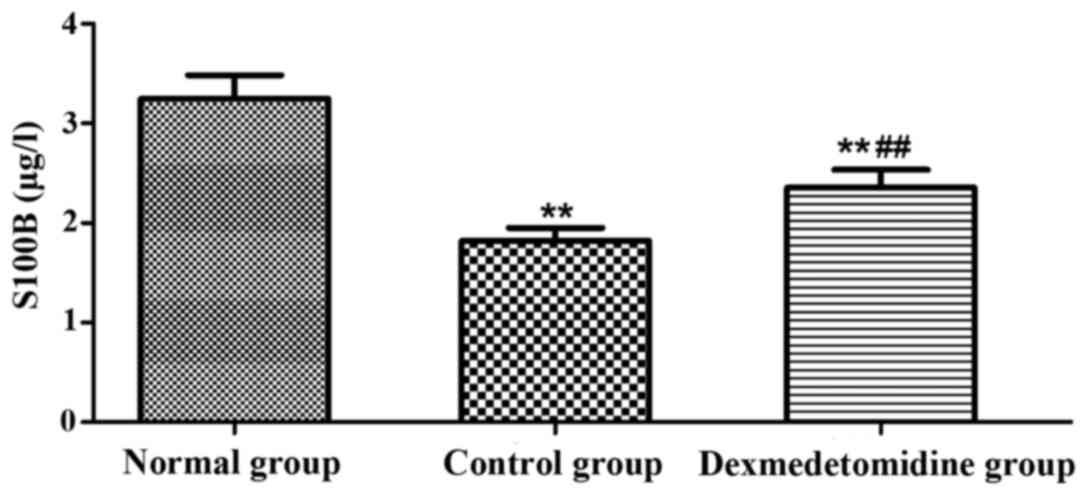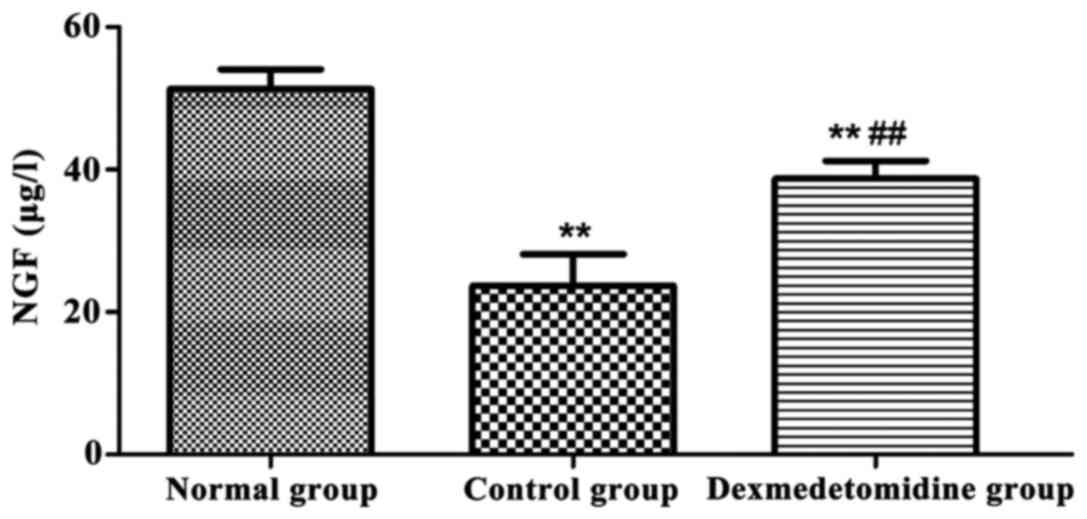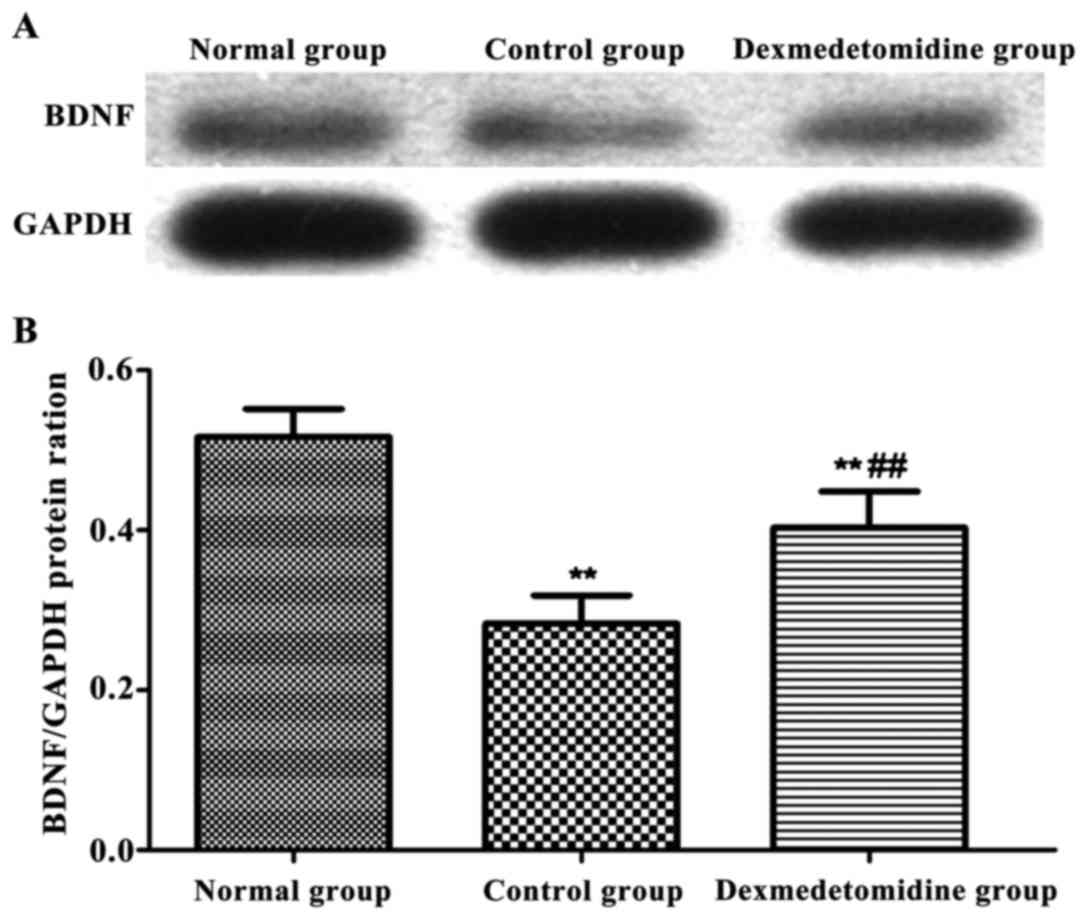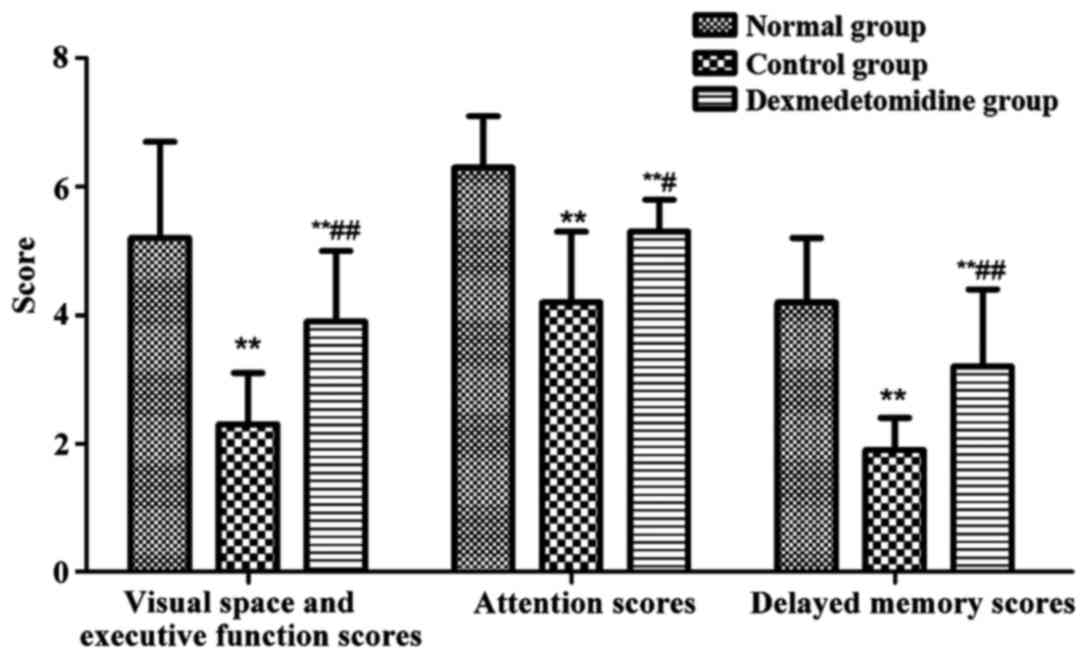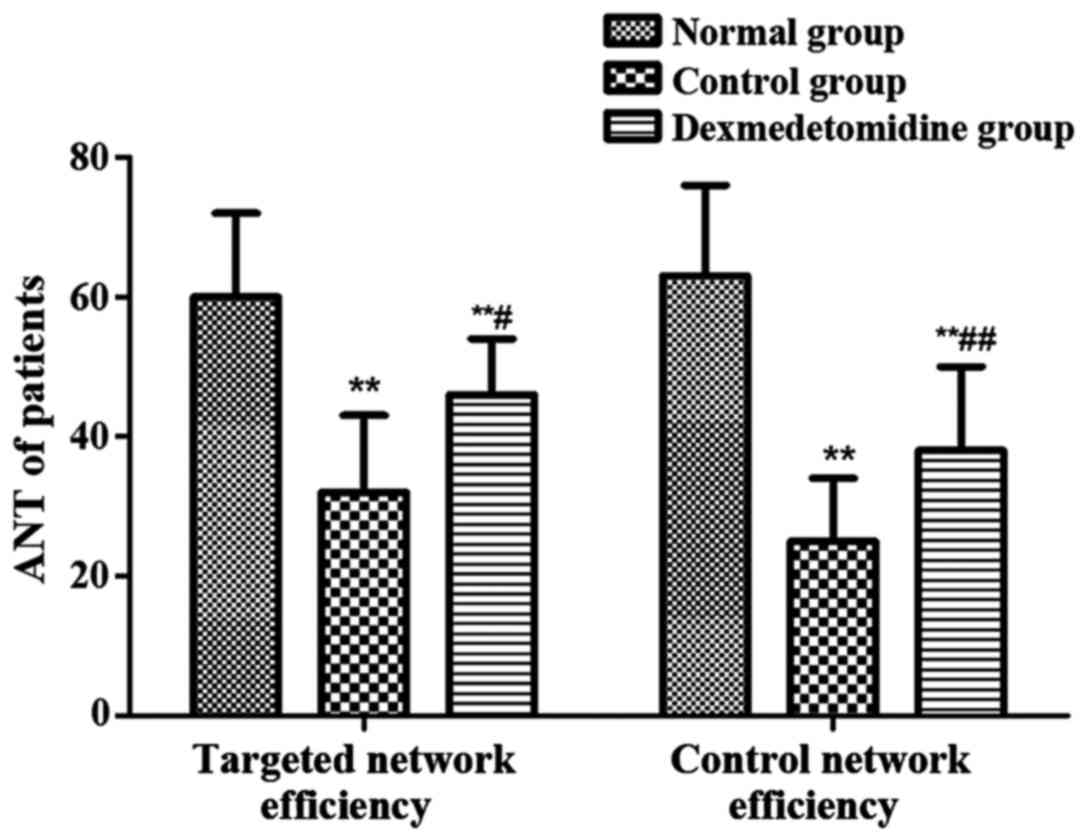|
1
|
Wong TS, Liao KF, Lin CM, Lin CL, Chen WC
and Lai SW: Chronic pancreatitis correlates with increased risk of
cerebrovascular disease: A retrospective population-based cohort
study in Taiwan. Medicine (Baltimore). 95:e32662016. View Article : Google Scholar : PubMed/NCBI
|
|
2
|
Huang R, Hu Z, Feng Y, Yu L and Li X: The
transcription factor IRF6 co-represses PPARγ-mediated
cytoprotection in ischemic cerebrovascular endothelial cells. Sci
Rep. 7:21502017. View Article : Google Scholar : PubMed/NCBI
|
|
3
|
Di Napoli M and McLaughlin B: The
ubiquitin-proteasome system as a drug target in cerebrovascular
disease: Therapeutic potential of proteasome inhibitors. Curr Opin
Investig Drugs. 6:686–699. 2005.PubMed/NCBI
|
|
4
|
Fancellu L, Borsini W, Romani I, Pirisi A,
Deiana GA, Sechi E, Doneddu PE, Rassu AL, Demurtas R, Scarabotto A,
et al: Exploratory screening for Fabry's disease in young adults
with cerebrovascular disorders in northern Sardinia. BMC Neurol.
15:2562015. View Article : Google Scholar : PubMed/NCBI
|
|
5
|
Xu X, Ma H, Xu J, Huang H, Wu X, Xiong Y,
Zhan H and Huang F: Elevation in circulating YKL-40 concentration
in patients with cerebrovascular disease. Bosn J Basic Med Sci.
14:120–124. 2014. View Article : Google Scholar : PubMed/NCBI
|
|
6
|
Russo C, Jin Z, Liu R, Iwata S, Tugcu A,
Yoshita M, Homma S, Elkind MS, Rundek T, Decarli C, et al: LA
volumes and reservoir function are associated with subclinical
cerebrovascular disease: The CABL (Cardiovascular Abnormalities and
Brain Lesions) study. JACC Cardiovasc Imaging. 6:313–323. 2013.
View Article : Google Scholar : PubMed/NCBI
|
|
7
|
El Hammi E, Samp J, Rémuzat C, Auray JP,
Lamure M, Aballéa S, Kooli A, Akhras K and Toumi M: Difference of
perceptions and evaluation of cognitive dysfunction in major
depressive disorder patients across psychiatrists internationally.
Ther Adv Psychopharmacol. 4:22–29. 2014. View Article : Google Scholar : PubMed/NCBI
|
|
8
|
Li Y and Liu S: The effect of
dexmedetomidine on oxidative stress response following cerebral
ischemia-reperfusion in rats and the expression of intracellular
adhesion molecule-1 (ICAM-1) and S100B. Med Sci Monit. 23:867–873.
2017. View Article : Google Scholar : PubMed/NCBI
|
|
9
|
Santos CY, Snyder PJ, Wu WC, Zhang M,
Echeverria A and Alber J: Pathophysiologic relationship between
Alzheimer's disease, cerebrovascular disease, and cardiovascular
risk: A review and synthesis. Alzheimers Dement Amst. 7:69–87.
2017.PubMed/NCBI
|
|
10
|
Francoeur RB: Symptom profiles of
subsyndromal depression in disease clusters of diabetes, excess
weight, and progressive cerebrovascular conditions: A promising new
type of finding from a reliable innovation to estimate exhaustively
specified multiple indicators-multiple causes (MIMIC) models.
Diabetes Metab Syndr Obes. 9:391–416. 2016. View Article : Google Scholar : PubMed/NCBI
|
|
11
|
Lee K, Kim H, Heo JH, Bae HJ, Koh IS and
Chang S: Application of magnetic resonance imaging and magnetic
resonance angiography as diagnostic measures for the first attack
of suspected cerebrovascular diseases in Korea. Yonsei Med J.
52:727–733. 2011. View Article : Google Scholar : PubMed/NCBI
|
|
12
|
Perneczky R, Tene O, Attems J,
Giannakopoulos P, Ikram MA, Federico A, Sarazin M and Middleton LT:
Is the time ripe for new diagnostic criteria of cognitive
impairment due to cerebrovascular disease? Consensus report of the
International Congress on Vascular Dementia working group. BMC Med.
14:1622016. View Article : Google Scholar : PubMed/NCBI
|
|
13
|
Manukhina EB, Downey HF, Shi X and Mallet
RT: Intermittent hypoxia training protects cerebrovascular function
in Alzheimer's disease. Exp Biol Med (Maywood). 241:1351–1363.
2016. View Article : Google Scholar : PubMed/NCBI
|
|
14
|
Daulatzai MA: Pathogenesis of cognitive
dysfunction in patients with obstructive sleep apnea: A hypothesis
with emphasis on the nucleus tractus solitarius. Sleep Disord.
2012:2510962012. View Article : Google Scholar : PubMed/NCBI
|
|
15
|
Behrouz R, Malek AR and Torbey MT: Small
vessel cerebrovascular disease: The past, present, and future.
Stroke Res Treat. 2012:8391512012.PubMed/NCBI
|
|
16
|
Humpel C: Chronic mild cerebrovascular
dysfunction as a cause for Alzheimer's disease? Exp Gerontol.
46:225–232. 2011. View Article : Google Scholar : PubMed/NCBI
|
|
17
|
Yang Y and Rosenberg GA: Blood-brain
barrier breakdown in acute and chronic cerebrovascular disease.
Stroke. 42:3323–3328. 2011. View Article : Google Scholar : PubMed/NCBI
|
|
18
|
Takahashi H, Xia P, Cui J, Talantova M,
Bodhinathan K, Li W, Saleem S, Holland EA, Tong G, Piña-Crespo J,
et al: Pharmacologically targeted NMDA receptor antagonism by
NitroMemantine for cerebrovascular disease. Sci Rep. 5:147812015.
View Article : Google Scholar : PubMed/NCBI
|
|
19
|
Pannarale G, Moroni C, Acconcia MC,
Pannitteri G, Truscelli G, Valente L, Gentile P, Lopreiato F,
Licitra R, Tancredi M, et al: The natural history of
prehypertension. A 20-year follow-up. Eur Rev Med Pharmacol Sci.
21:1329–1334. 2017.PubMed/NCBI
|
|
20
|
Choi IY, Hwang L, Jin JJ, Ko IG, Kim SE,
Shin MS, Shin KM, Kim CJ, Park SW, Han JH, et al: Dexmedetomidine
alleviates cerebral ischemia-induced short-term memory impairment
by inhibiting the expression of apoptosis-related molecules in the
hippocampus of gerbils. Exp Ther Med. 13:107–116. 2017. View Article : Google Scholar : PubMed/NCBI
|
|
21
|
Zeng X, Wang H, Xing X, Wang Q and Li W:
Dexmedetomidine protects against transient global cerebral
ischemia/reperfusion induced oxidative stress and inflammation in
diabetic rats. PLoS One. 11:e01516202016. View Article : Google Scholar : PubMed/NCBI
|















